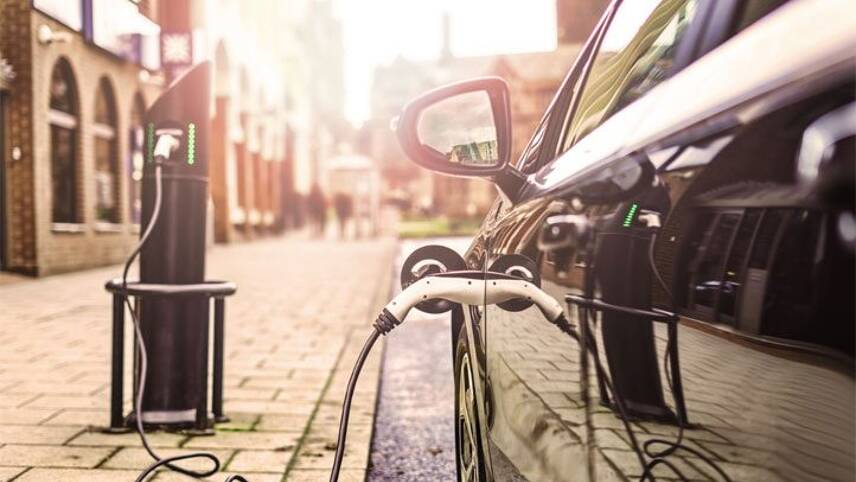Register for free and continue reading
Join our growing army of changemakers and get unlimited access to our premium content

Financial constraints on councils were found to be a key barrier
The major utility firm sent Freedom of Information (FOI) requests to more than 400 councils, asking them how many on-street EV charging points they currently host and how many they are planning to roll out over the next four years.
Collectively, the councils currently host 7,682 chargers. The stock is expected to more than double by 2025, with more than 9,300 installations in the pipeline.
However, this still leaves the average number of points per council at just 2035. Moreover, more than one-quarter of the councils that responded to the request – 126 authorities – said they have no concrete plans to install any more EV chargers.
Centrica is concerned that this trend will leave those living in homes without off-street parking at a disadvantage as the EV transition continues to gather pace. Its own customer research found that more than half (53%) of customers without a driveway are not considering switching to a hybrid or pure electric car at all. Also, more than seven in ten survey participants said that investment in more on-street charging points would encourage them to go electric.
“The latest figures released today demonstrate the need for all UK councils to play their part in helping to achieve the 2030 ban,” Centrica’s sustainable transport editor Amanda Stretton said, citing Boris Johnson’s recent decision to move the ban on new petrol and diesel car sales forward from 2035. Second-hand ICE cars will still be able to be sold after this deadline and individuals with ICE cars won’t be mandated to switch.
“Charging infrastructure and energy systems will need be upgraded to cope with the demand and support drivers,” Stretton added.
Cash-strapped councils
The 2020 Budget saw Chancellor Rishi Sunak reveal that the government was developing plans to ensure that EV drivers are never more than 30 miles away from a rapid charging point. He launched a £500m pot for the creation of rapid charging networks.
This announcement built on a previous commitment to double funding made available for the installation of EV charging points on residential streets to £10m per year, from 2021. Ministers estimated that this level of funding could finance 3,600 installations each year. Private sector companies are eligible for support alongside councils, however.
Nonetheless, many of the councils surveyed by Centrica cited finances as a key barrier – both in delivering charging points to date and in having concrete plans through to 2025.
An FOI request by the Guardian in 2019 found a similar trend. Of more than 300 councils, some 100 said they had no confirmed plans to install more charging points due to financial constraints.
The Government has included plans to support councils in its Covid-19 recovery approach. The Spending Review, for example, was used to unveil a £4bn “levelling up” fund, designed to help cities, towns and regions improve infrastructure and skills. Nonetheless, some analysts expect many councils to see a 20% decrease in funding from the central government in real terms.
Sarah George


Please login or Register to leave a comment.